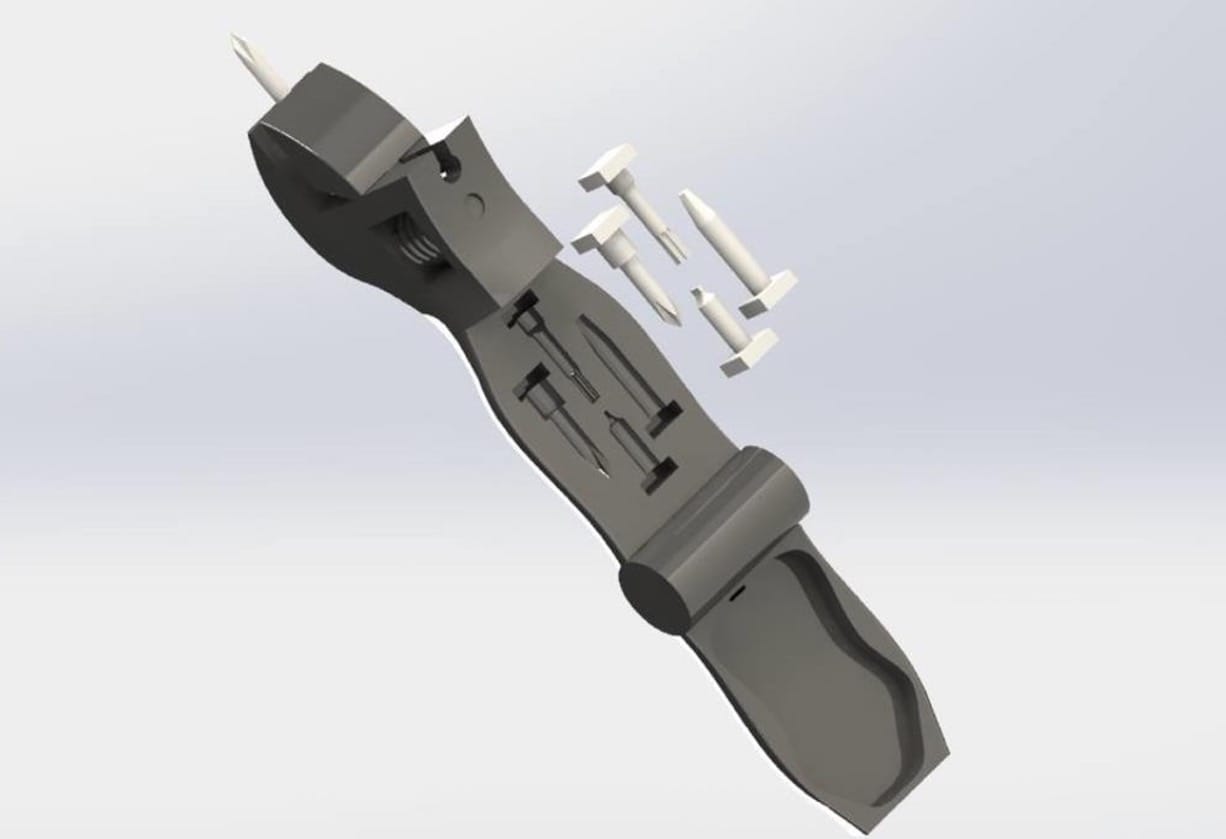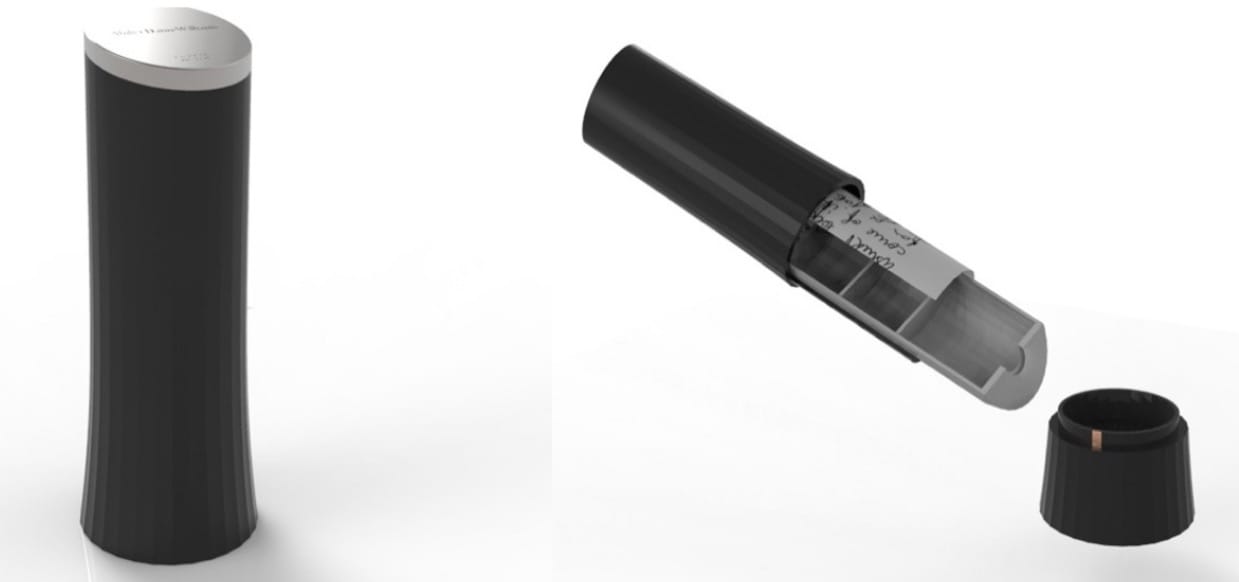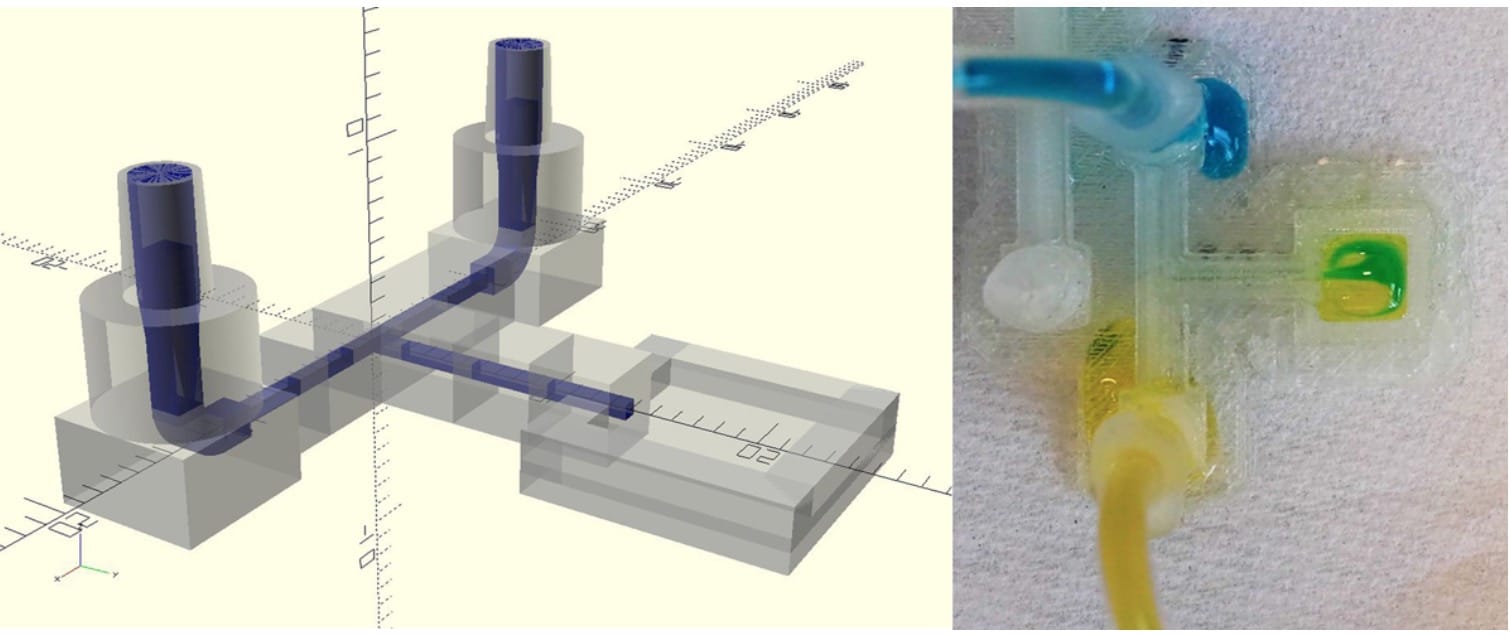
Enterprise in Space announced the finalists for its student design contest and I am impressed with the creative 3D printable designs.
The Enterprise in Space program is a venture from the National Space Society, a non-profit group focused on promoting space in various ways. One of them was to challenge students to create a practical and innovative design that would ultimately be 3D printed on board the International Space Station, in an event entitled, “Print The Future”. The event was a joint effort between EIS, Kepler Space Institute, Made in Space, SketchFab, 3D Hubs and Prairie Nanotechnology, all of whom supported the project in different ways.
I’m fond of this type of contest as the prize is worth more than money; the prestige of having your design in orbit is something beyond cost. And it would look great on a resume, too. A challenge of this type always brings out the best ideas.
At this point in the competition, Enterprise in Space has announced the finalists for consideration, and they’re all extremely interesting. In no particular order:
A Multi-Purpose Wrench, designed by students from North Carolina State and Bangladesh University of Engineering & Technology, shown at top. The wrench includes a number of swappable parts that permit easy matching of tool to bolt, and would be less weight than having individual tools.
The second candidate is a very unusual item. It’s a kind of small “capsule” into which an astronaut would save personal objects and media. It is meant to be attached to the astronaut and carry information about them should they fate determine their mission fails and they must face death in space.

This design is so unique that I am wondering if it could become an Earth-side business: saving personal memories.
The final of the three candidates is a set of micro-fluidic modules that can be rapidly 3D printed as required for specific experiments. The idea here is that instead of sending up all the experimental gear for each experiment, you instead print the parts required as needed.

All you’d need to add here is a recycling process and you could create an endless series of different micro-fluidic experiments.
One of these three designs will be announced as the winning entry at the International Space Development Conference in late May. And that party will have their design 3D printed in orbit.

